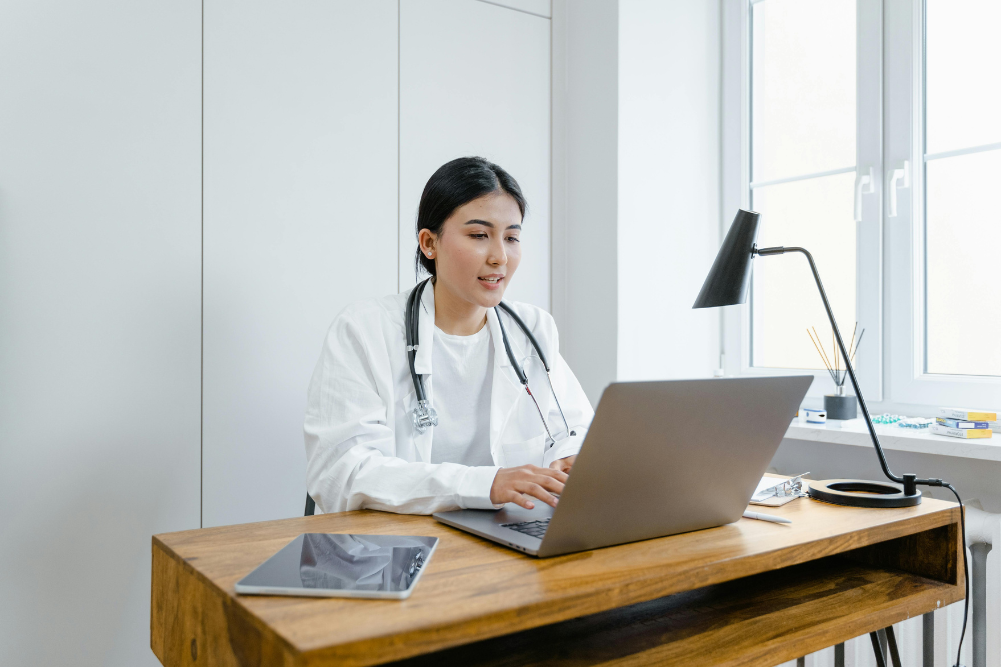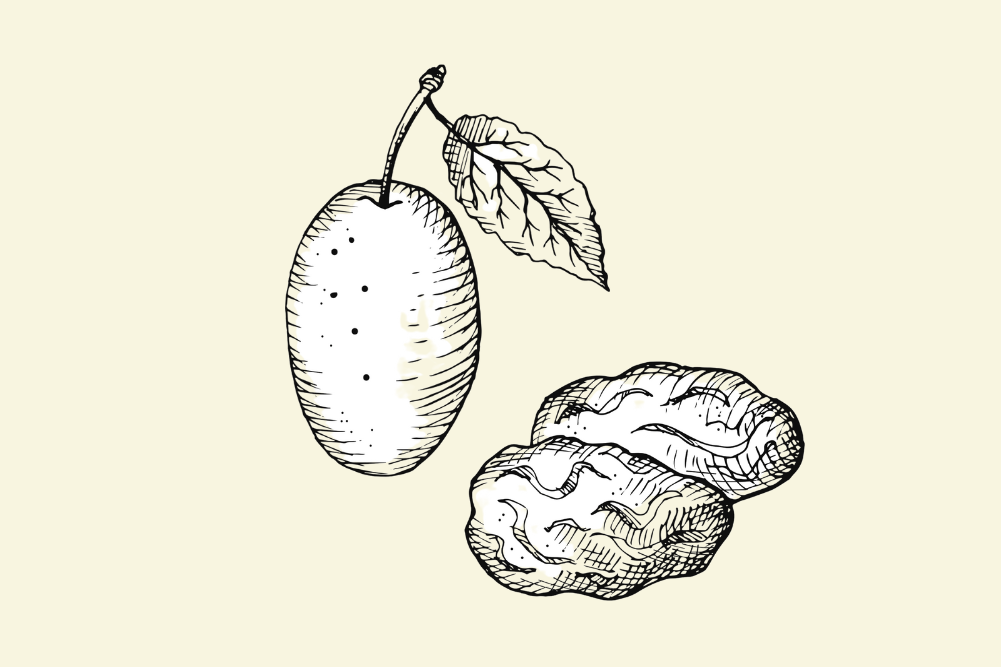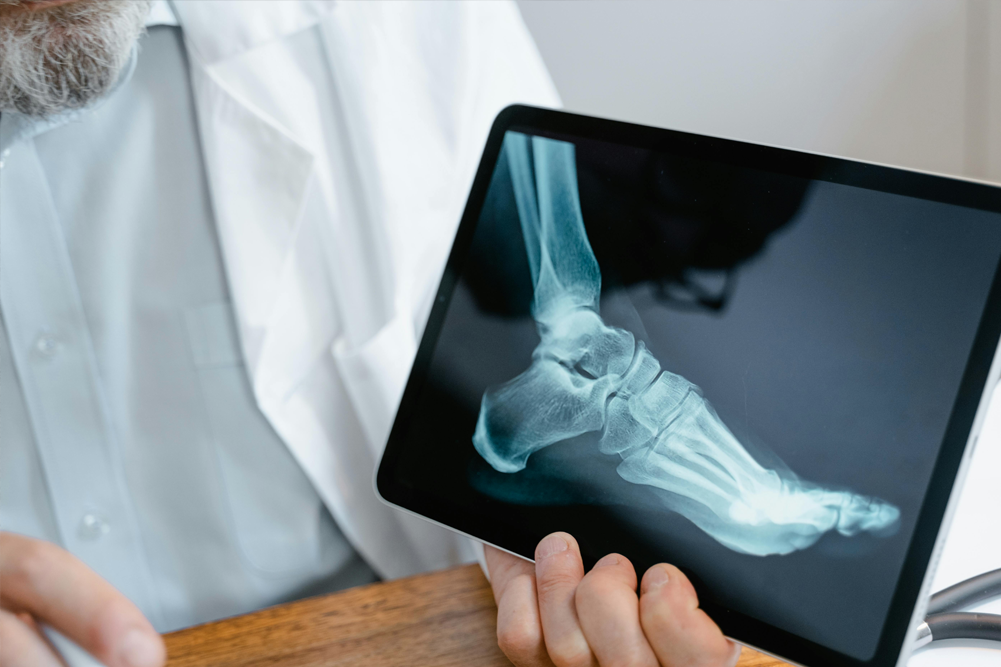Take two apps and a lie down
The internet and smart phones have changed our lifestyle and vocabulary. Doing a “blog†in public would a decade ago have been a dreadful social faux pas but now people proudly ask others to look at their latest blog. Perhaps exceeding the blog in frequency of use is the “appâ€. For just about anything you might choose to do there is an app to help you and it won’t be long before you leave your consultation with your GP with a prescription for an app clutched in your hand.
â€App†is an abbreviation for application. An app is a piece of software for your mobile smart phone. These programs range in size and complexity from a simple flashlight application to an involved navigational system for plotting positions on a marine chart to a medical reference guide. Price also varies widely beginning with free and going up from there. Apps essentially allow you to customize a phone to your specific set of wants and needs. They are generally easy to find, purchase, and install. It could be that soon you will get a prescription from your health practitioner for an app to cure your ills.
The prediction is coming the National Health Service (NHS) of the UK. They see smartphone apps as a way that people can get the information and advice they need to manage their health.
Recently the Department of Health in the UK called for nominations for the best apps when it comes to health care management. There were 12,600 responses. The most popular apps addressed concerns like how to manage diabetes, find advice on a healthy diet, deal with post traumatic stress, locate health services on a map, and track blood pressure.
The diabetes app contains a database of more than 100,000 items from supermarkets with 100 new foods and drinks added every day. This is the first time that supermarkets have made this information available and it allows people with diabetes to pick the item off the shelf, swipe the barcode into their phone and immediately receive kilojoule, sugar, and fat content of the product without having to read the fine print of the label.
On another level is the development of an app by Pennsylvania State University designed to tell users when it is appropriate to ingest caffeine. This caffeine app is based on the fact that caffeine drinkers with between 200 and 400 milligrams of caffeine in their bloodstream are in optimal mental alertness. It balances against the fact that less than 100 milligrams of caffeine in the bloodstream is necessary for sleep. Users input their caffeinated drink intake and the app will tell them how they will be affected over time.
The question is will we become too reliant on apps and cease to take responsibility for our own lives and actions? Will personal discrimination and free will become mere terms in the “human history app� Will “an app made me do it†become an acceptable legal defence? We probably don’t need to worry; we can just download the “personal responsibility app†and we’ll be fine.







